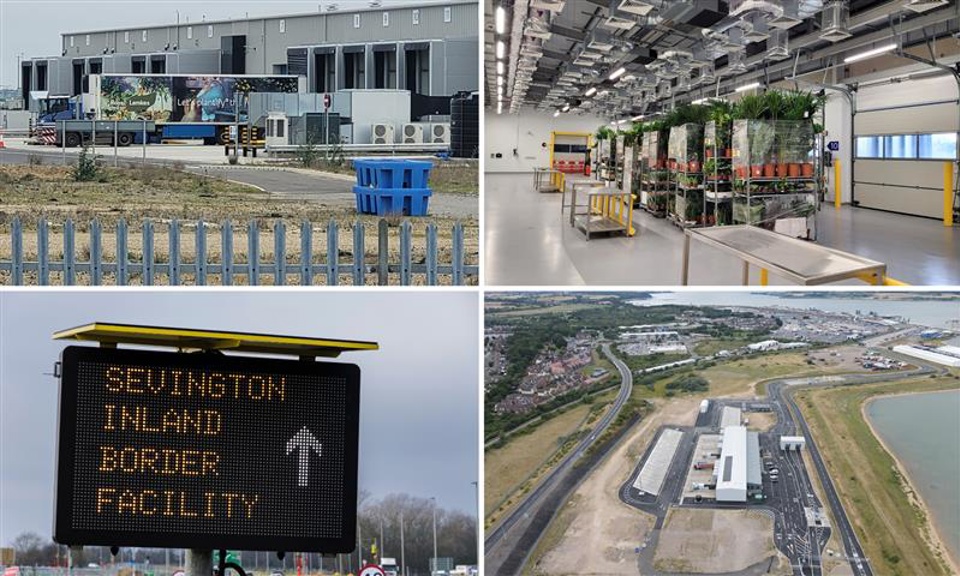Anniversary of Border Chaos

HTA repeats call for urgent action as trade disruptions and costs continue to plague horticulture
30 April 2025
One year ago today, 30 April 2024, the UK implemented significant changes to border checks under the Border Target Operating Model (BTOM), causing immediate and ongoing disruption for environmental horticultural businesses importing vital plants and plant materials. A year on, the Horticultural Trades Association (HTA) is repeating its urgent call for action, stating that the shift from checks at nurseries and growers to bottlenecks at under-resourced border control points continues to inflict severe damage on the industry both in terms of costs as well as biosecurity risks in their supply chains.
The HTA highlights that this unnecessary overnight change has created persistent chaos in the supply chain. Businesses report alarming increases in haulage costs, with some seeing rises of over 25%. The uncertainty and difficulty of navigating UK border operations have led to international suppliers ceasing trade with the UK horticulture sector altogether. Over the past year, trading has been fraught with issues, including loss of stock due to handling damages at borders, frequent communication failures preventing businesses from getting clear updates on their goods, and significant cost hikes, including ‘Brexit fees’ from suppliers and hauliers.
UK environmental horticulture relies heavily on international trade, with imported plants and plant material being absolutely vital to the industry’s supply chain and underpinning the domestic production sector. These goods are categorised as sanitary and phytosanitary (SPS) and subject to specific trading requirements. 79% of UK nurseries and growers depend on plant product imports, with 99% originating from the EU. Overall, 90% of HTA growers and garden centre members regularly import plant products.
The HTA has repeatedly presented the government with clear, constructive proposals to alleviate these pressures. On this anniversary, the trade body reiterates its calls for urgent action, including:
- Taking immediate action to improve communication channels and trading systems access, including broader access to the Import of Products, Animals, Food and Feed System (IPAFFS) and the publication of transparent, real-time data on border movements and checks.
- Removing barriers for businesses trying to access the Control Point (CP) system, which allows checks to happen on-site.
- Recognising BCPs limitations for handling plants and trees and facilitating access to alternative arrangements such as Authorised Officer Status (AOS) and flexible 'Place of Destination' (POD+) systems for eligible businesses.
- Improving pest and disease testing capability and biosecurity measures at the border.
Fran Barnes, Chief Executive of the HTA, commented:
“While the HTA fully backs the ambition for resetting the UK’s relationship with the EU and delivering a comprehensive SPS agreement inclusive of plant health, we cannot afford to wait for this to resolve the immediate problems at our border. We need action here and now. We have set out our asks frequently, clearly, and constructively over the past year. We remain dismayed that the expertise required to implement this complex system effectively seems to be either disbanded or severely under-resourced.
“The changes introduced a year ago, shifting checks away from our members, many of them experts in the health of plants and wanting to be fully in control of their supply chains, have resulted in an overnight operational nightmare. It has and continues to be all pain, with no tangible gain for biosecurity or efficiency. We receive daily reports of delays, damage and distress for SMEs, who work day in and day out to manage leaps in costs, variable weather and not knowing when their goods will arrive.
The HTA continues to explore every route to find solutions to the issues and work collaboratively to sustain supply chains in the near term whilst we support work for a longer-term resolution on EU-UK trading issues.”

